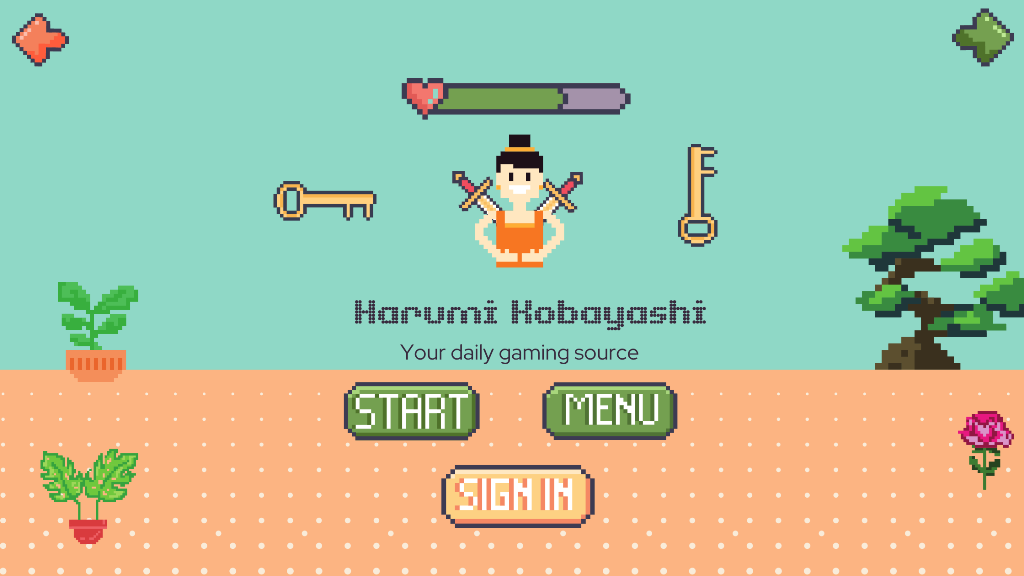
As a game development enthusiastic, I can attest that creating games is an exciting and fulfilling endeavour. Whether you’re creating a simple mobile game or an immersive open-world adventure, the fundamentals of game development remain the same. In this blog post, I’ll be discussing the basics of game development that even a 9th grader can understand.
- Conceptualisation
The first step in game development is conceptualisation. This is where you come up with the idea for your game. You need to have a clear understanding of what your game will be about, what genre it will belong to, and what kind of gameplay mechanics it will have. This is where you should also consider what kind of audience you want to target with your game.
- Game Design
Once you have a clear idea of what your game will be about, you need to start designing it. This involves creating a game design document that outlines all of the important details about your game. This document should include things like the game’s story, the characters, the game mechanics, and the level design. This is where you should consider what kind of graphics and sound effects you want to include in your game.
- Game Engine
The game engine is the software that you use to create your game. There are many game engines available today, such as Unity and Unreal Engine, that are used by both small and large game development companies. These game engines come with pre-built tools and resources that make it easier for you to create your game.
- Game Art and Sound
Game art and sound are an important part of any game. The graphics and sound effects in your game can make or break the player’s experience. You should consider what kind of art style you want to use for your game and what kind of sound effects will help to create an immersive atmosphere.
- Programming
Programming is the process of writing code that makes your game work. This includes everything from creating the game mechanics to creating the user interface. There are many programming languages that you can use for game development, such as C++, Java, and Python. You should choose a programming language that you are comfortable with and that is suitable for the type of game you are creating.
- Testing and Debugging
Testing and debugging are important steps in game development. You need to test your game thoroughly to make sure that it is working properly and that there are no bugs or glitches. You should also ask others to test your game and provide feedback so that you can improve it.
In conclusion, game development is a fun and challenging process that requires creativity, planning, and hard work. By following these fundamentals, you can create a great game that people will love to play. Remember to keep the audience in mind and to always strive for excellence in every aspect of your game. If you are interested in game development, I encourage you to learn more and start creating your own games!
Peer-to-peer review references:
- “The Art of Game Design” by Jesse Schell – This book provides a comprehensive overview of game design principles and is a great resource for anyone interested in game development.
- “Unity in Action: Multiplatform Game Development in C#” by Joe Hocking – This book is a great resource for anyone interested in using Unity to create games. It provides a step-by-step guide to creating a simple game and is easy to understand for beginners.
- “Game Development Essentials: Game Interface Design” by Kevin Saunders – This book is a great resource for anyone interested in creating user interfaces for games. It covers everything from basic interface design principles to advanced techniques for creating immersive interfaces.
- “Introduction to Game Design, Prototyping, and Development” by Jeremy Gibson Bond – This book provides a comprehensive overview of game development, including game design, programming, and testing.


0 Comments